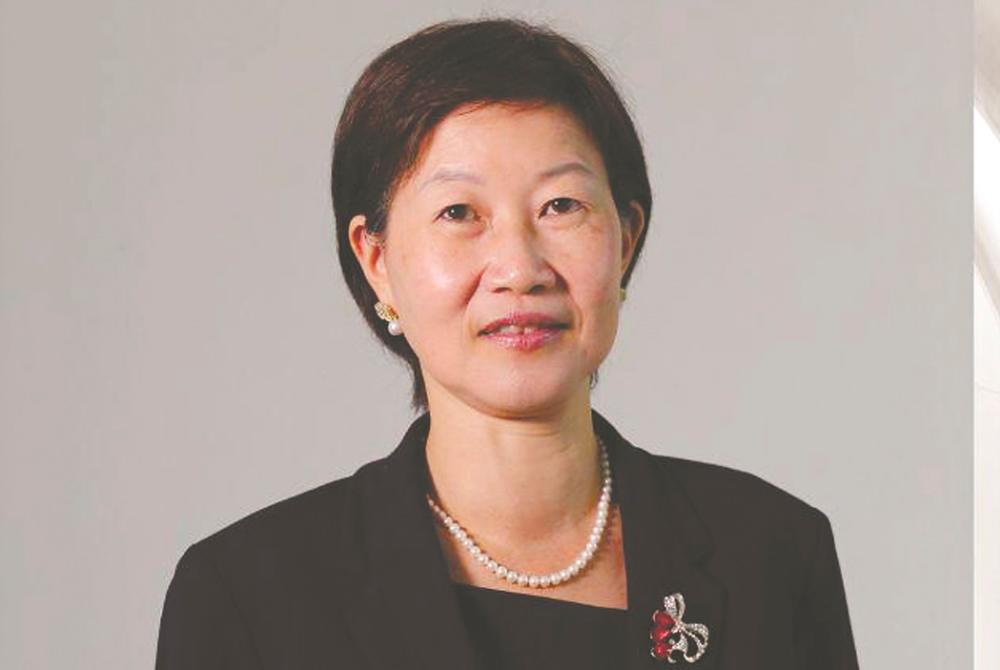KUALA LUMPUR: Powerwell Holdings Bhd is aiming to achieve a balanced revenue mix of 50:50 between local and foreign markets within the next three years.
Executive director Catherine Wong said this shift will stabilise Powerwell’s revenue stream and reduce the dependency on the timing of individual projects.
“We are prioritising growth in Bangladesh, Indonesia, and Australia, where we have established a strong presence and track record. Expanding our team and resources in these markets enables us to capture consistent orders better and reduce reliance on specific clients.
“With increased exposure to foreign markets, we also create a natural hedge for currency fluctuations, which helps us maintain stable profit margins,“ she told SunBiz.
Wong said that by securing long-term contracts with strategic partners across these high-growth regions, Powerwell will build a more diverse and predictable revenue base, positively impacting revenue recognition stability.
Touching on Powerwell’s recent expansion of facilities in Indonesia and partnerships with strategic collaborators, Wong said the strategy undertaken in the country strengthens the company’s position to capture more opportunities in high-demand sectors, such as data centres and mass rapid transit projects, while allowing it to provide better customer localisation and service.
“Our facility in Indonesia, currently contributing approximately RM10 million to our topline, enables us to take on larger volumes of work while adapting products more efficiently to meet local specifications. Over the next two years, we aim to double this capacity to RM20 million in response to the region’s booming demand for digital infrastructure and public transport.
“Strategic partnerships are essential to this growth, allowing us to broaden our portfolio to include products specifically tailored for Indonesia and other Southeast Asian markets. By working closely with local collaborators, we scale our operations and diversify our product range while navigating new markets efficiently. This positions us well for long-term growth across Southeast Asia’s high-growth industries,“ Wong said.
Elaborating on opportunities in digital technology, renewable energy and infrastructure sectors, Wong said Powerwell is adopting a balanced investment approach, prioritising projects with a strong return on investment and market demand.
She said data centres and renewable energy remain the company’s focus, given their growth potential.
“However, we will maintain flexibility, investing selectively in semiconductor and infrastructure-related opportunities as they arise. This balance allows us to stay agile and responsive to market shifts while keeping our core business stable and profitable,“ Wong said.
She stated that data centres are the cornerstone of Powerwell’s growth strategy, given that the company, as Malaysia’s only listed switchboard manufacturer, is uniquely positioned to benefit from the data centre boom.
“Our switchboards are critical in ensuring continuous, reliable power for data centres, which is vital given their need for consistent uptime. Advanced switchboards manage power distribution efficiently, support fault isolation, and offer scalability – essential features for data centres dealing with high energy demands and requiring operational stability.
“Additionally, our past and current data centre projects have been with top global operators, strengthening client confidence and assurance. We are already near 90% capacity utilisation with our current facilities, which underscores the demand we are facing.”
To meet future requirements, Wong said, Powerwell plans to double its capacity with a new factory valued at around RM100 million.
“Negotiations are under way, and this expansion will strategically position Powerwell to secure more high-value projects in Malaysia and overseas, such as in Indonesia. We aim to solidify our role as a leader in this growing sector, with data centres expected to contribute substantially to our revenue growth over the coming years.”
Wong said Powerwell anticipates continued robust demand for data centres, particularly in Malaysia and Indonesia, driven by the region’s digitalisation and increasing reliance on cloud computing and artificial intelligence.
Malaysia, with its strategic location, stable power infrastructure and government support, is becoming an attractive hub for data centre operators.
She said key policies, such as the Malaysia Digital Economy Blueprint, along with incentives like tax exemptions and competitive electricity rates, are expected to fuel further growth.









